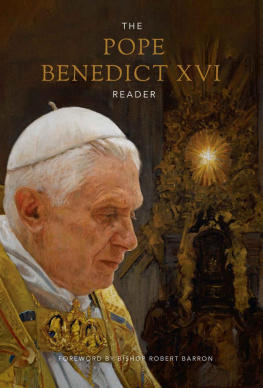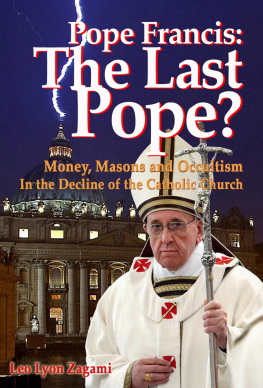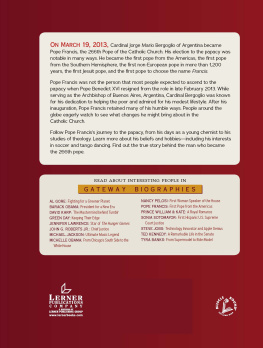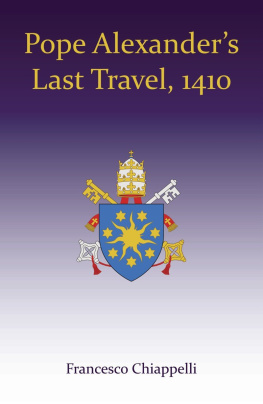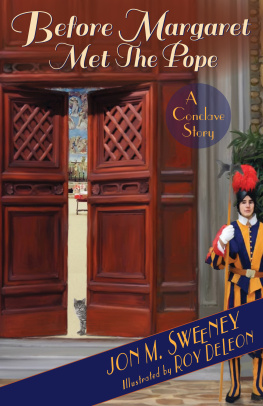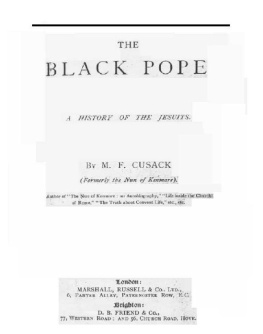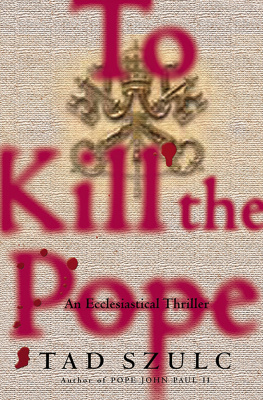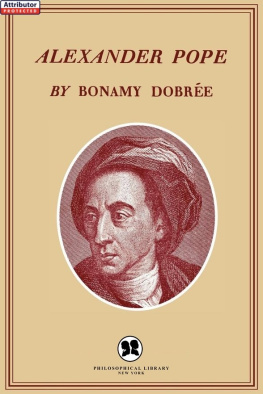THE GODFATHER OF
TABLOID
THE GODFATHER OF
TABLOID
GENEROSO POPE JR. AND
THE NATIONAL ENQUIRER
JACK VITEK

Copyright 2008 by The University Press of Kentucky
Scholarly publisher for the Commonwealth, serving Bellarmine University, Berea College, Centre College of Kentucky, Eastern Kentucky University, The Filson Historical Society, Georgetown College, Kentucky Historical Society, Kentucky State University, Morehead State University, Murray State University, Northern Kentucky University, Transylvania University, University of Kentucky, University of Louisville, and Western Kentucky University.
All rights reserved.
Editorial and Sales Offices: The University Press of Kentucky
663 South Limestone Street, Lexington, Kentucky 40508-4008
www.kentuckypress.com
12 11 10 09 08 5 4 3 2 1
Library of Congress Cataloging-in-Publication Data
Vitek, Jack.
The godfather of tabloid : Generoso Pope Jr. and the National enquirer / Jack Vitek.
p. cm.
Includes bibliographical references and index.
ISBN 978-0-8131-2503-9 (acid-free paper)
1. Pope, Generoso, 19271988. 2. Publishers and publishingUnited StatesBiography. 3. National enquirer (New York, N.Y. : 1957)History. 4. Newspaper publishingUnited StatesHistory20th century. 5. Tabloid newspapersUnited StatesHistory. I. Title.
Z473.P57V58 2008
070.5092dc22
[B]
2008016855
This book is printed on acid-free recycled paper meeting
the requirements of the American National Standard
for Permanence in Paper for Printed Library Materials.

Manufactured in the United States of America.

Member of the Association of
American University Presses
We shoulda filmed the deal.
Old Hollywood saying
CONTENTS
INTRODUCTION
Generoso Pope Jr. denied all his life that he had any connections with the Mafia, most publicly when he was questioned about such links by Mike Wallace on 60 Minutes in 1976. Wallace noted that Pope had known Frank Costello, Joseph Pravachi, and Albert Anastasia, which Pope readily admitted, and commented that Pope owned 100 percent of the National Enquirers stock and ran the paper like a godfather.
Wallace went on: And you know as well as I do that there are allegations that Mafia money had been behind the Enquirer since the beginning?
Pope: Right, Ive heardIve read that, heard it.
Wallace: Answer?
Pope: Well, I think its pretty obvious to anyone who understands or reads or knows anything about this organization, whatever it is, that if there were, there still would be.
Wallace: Because?
Pope: Because they never let go once they get their hooks into you. And that obviously has not happened.
Significantly, Pope managed to stumble through his denial without actually using the word Mafia. And Wallace, one of journalisms most aggressive reporters, let Pope off, saying to the programs wide audience, The plain fact is no one has ever been able to prove a Mafia-Enquirer connection. And no one ever did.
Nearly all mafiosi denied that they were associated with the Mafia: Joseph Bonanno said he stayed away from the word because it caused too much confusion. Costellos lawyer, George Wolf, who represented many famous mobsters in criminal court, noted that he never heard any of his clients use the word. Famously, the word Mafia was banned from the pages of the Enquirer (as were stories about the dangers of smoking), and the chain-smoking Pope once stopped a press run to replate a page to eliminate the offending word. There was, he insisted, no such thing as the Mafia. But Pope knew better than to get into that with Wallace.
Theres no doubt that Frank Costello was a close associate of Popes father and was widely reputed to be young Genes godfather. Pope Jr. made the front page of the New York Times twice before he was thirty, both times in connection with Costello, the so-called prime minister of the underworld. The first was in his wheeler-dealer political era and concerned the election of a New York City mayor, and the second was when he was having dinner with Uncle Frank in a Manhattan restaurant on the 1957 May evening that Costello was shot and wounded in the head by an unsuccessful assassin. Costello, by many accounts, loaned Pope money to buy the Enquirer in 1952 and, according to one of Popes earliest associates, loaned him more money to keep going during several early years of red ink. In return, according to the source, the Enquirer published the weeks numbers for the mob game. Popes grown-up son Paul came to believe that his father moved the paper to small-town Florida to shake his mob connections.
Popes father, Generoso Sr., published Il Progresso, New Yorks Italian-language newspaper, and became a kingmaker in association with Carmine DeSapio, the first Italian American boss of Tammany Hall, and Costello. The night Pope Jr. died of a heart attack in 1988 he might have read a review published that Sunday in the New York Times of a book raking up long-forgotten secrets, fingering his father as the murderer by contract of his left-wing publishing rival, Carlo Tresca, who was fatally shot on a dark, lonely Manhattan street in 1943.
Young Pope seemed preternaturally patriarchal. In his front-page photo in the New York Times in 1950, just before his twenty-fourth birthday, he looks like a man twice his age. His manner later as publisher and hands-on editor of the Enquirer was aloof, distant, tyrannical, at once whimsically generous and whimsically ruthless. He made decisions (and reversed them) imperiously and never bothered to explain his logic to anyone, if there was any logic at all.
Pope kept a low profile outside his small circle, so successfully that he was hardly known outside the circle of tabloid writers and editors. He moved in the shadows and even served a few months as a CIA officerin psychological warfareprobably exploiting a little-understood connection between the Mafia and American intelligence operations. New hires at the Enquirer were warned that they could mistake himat their peril!for the janitor. People said he bought his undistinguished polyester clothes out of a Sears catalog, or his wife Lois bought them at Kmart. He could behave like the Queen of Hearts from Alice in Wonderland and fire a dozen reporters on a Friday afternoon. He hid the Enquirer in a small working-class town near Palm Beach, Florida, and hid the sprawling, one-story, utilitarian building in a seven-acre bower of tropical plants, a sort of Emerald City, which was ironic because Pope could be described as a real-life Wizard of Oz.
Like the ventriloquist Wizard of Oz, Pope affected a sort of projected voice, a deep, flat tough-guy voice, sort of a cross between Jack Webb and Humphrey Bogart, so distinctive that whenever people quoted GP stories, they imitated his strange intonations, talking out of the side of their mouth, as he did. That was the workplace voice; others often found him shy and soft-spoken, especially in his younger days. In an era of drastic downsizing in the journalistic mainstream (a sort of professional tornado), lost souls flocked to him by the dozens, including many of the professions rusting tin men and cowardly lions, all the way from Britain and her far-flung colonies.
Next page

